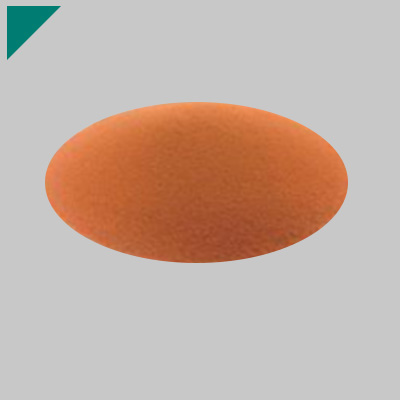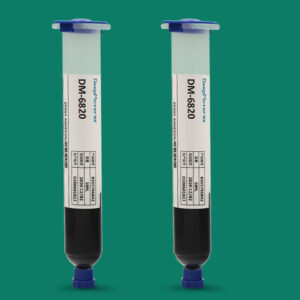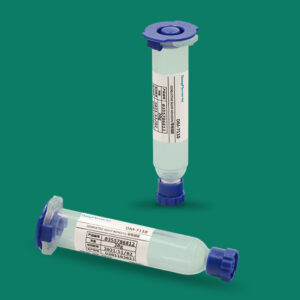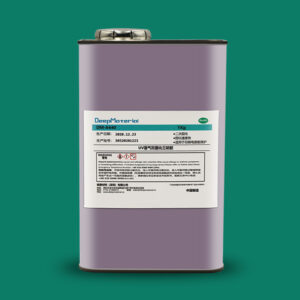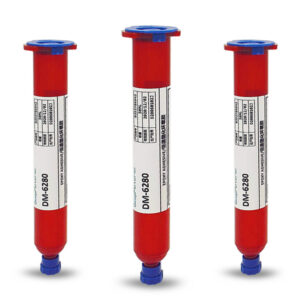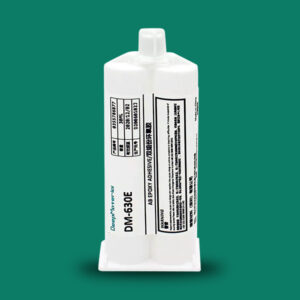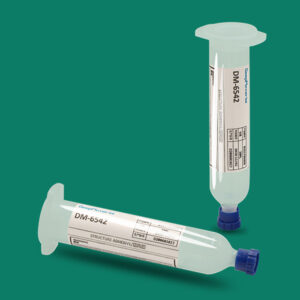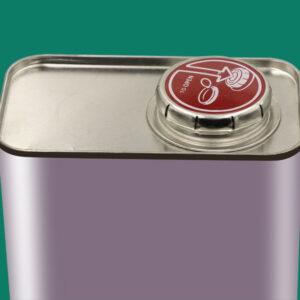Understanding Electronic Epoxy Encapsulant Potting Compounds: A Comprehensive Guide
Understanding Electronic Epoxy Encapsulant Potting Compounds: A Comprehensive Guide
Introduction to Electronic Epoxy Encapsulant Potting Compounds
Electronic devices and components are constantly subjected to environmental stresses such as moisture, dust, thermal fluctuations, and mechanical vibrations. Manufacturers use encapsulant potting compounds to protect these sensitive electronics and ensure their longevity and reliability. Electronic epoxy encapsulant potting compounds are highly regarded for their exceptional protective properties and versatility. This article delves into electronic epoxy encapsulant potting compounds, exploring their composition, applications, advantages, and the factors to consider when choosing a suitable compound.
Composition and Types of Epoxy Encapsulant Potting Compounds
Epoxy encapsulant potting compounds comprise epoxy resins, hardeners, and various additives that enhance their performance characteristics. The combination of these components determines the compound’s physical, chemical, and mechanical properties. Here are the key elements:
- Epoxy Resins: These are the primary building blocks of the encapsulant compound, providing excellent adhesion, chemical resistance, and electrical insulation properties. Standard epoxy resins include bisphenol-A (BPA) and bisphenol-F (BPF) based resins.
- Hardeners: Also known as curing agents, hardeners initiate the polymerization process, transforming the liquid resin into a solid, thermosetting material. Amines, anhydrides, and polyamides are commonly used hardeners.
- Additives: Various additives enhance the compound’s specific properties. These include fillers for improved thermal conductivity, flexibilities for enhanced impact resistance, and flame retardants for increased fire safety.
There are several types of epoxy encapsulant potting compounds, each tailored for specific applications:
- Rigid Epoxy Compounds: These provide excellent mechanical strength and are ideal for protecting components from physical damage.
- Flexible Epoxy Compounds: These are designed to absorb mechanical stresses and vibrations, making them suitable for flexible applications.
- Thermally Conductive Epoxy Compounds: These contain thermally conductive fillers to dissipate heat efficiently, protecting components from thermal damage.
- Electrically Conductive Epoxy Compounds: These are used in applications requiring electrical conductivity, such as grounding and shielding.
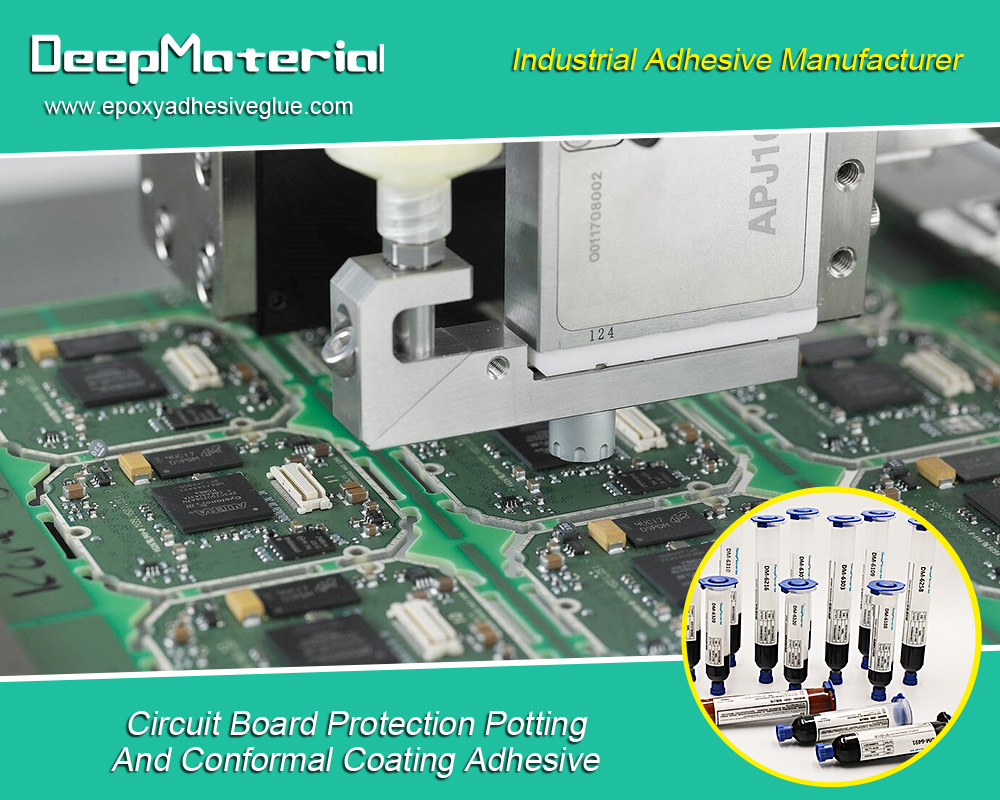
Applications of Epoxy Encapsulant Potting Compounds
Epoxy encapsulant potting compounds are widely used across various industries due to their versatile protective properties. Here are some typical applications:
Electronics Industry
Epoxy encapsulants protect sensitive components from environmental factors and mechanical stresses in the electronics industry. Applications include:
- Printed Circuit Boards (PCBs): Encapsulants coat and protect PCBs, ensuring their reliability and longevity.
- Sensors: Epoxy compounds protect sensors in harsh environments, such as automotive and industrial applications.
- LEDs: Encapsulants help protect LED components from moisture and mechanical damage, ensuring consistent performance.
Automotive Industry
The automotive industry relies heavily on epoxy encapsulants to protect electronic control units (ECUs), sensors, and other critical components from the harsh conditions experienced in vehicles. Applications include:
- Engine Control Units: Encapsulants protect ECUs from thermal and mechanical stresses, ensuring reliable performance.
- Sensors and Actuators: Epoxy compounds protect various sensors and actuators from environmental factors, enhancing their durability.
Aerospace Industry
In the aerospace industry, the reliability and performance of electronic components are crucial. Epoxy encapsulants provide essential protection for:
- Avionics: Encapsulants protect avionic systems from extreme temperatures, vibrations, and other environmental stresses.
- Satellite Components: Epoxy compounds protect sensitive satellite electronics from harsh space conditions.
Medical Devices
Medical devices require high levels of reliability and protection. Epoxy encapsulants are used to protect various components in medical devices, including:
- Implantable Devices: Encapsulants protect implantable devices from bodily fluids and mechanical stresses.
- Diagnostic Equipment: Epoxy compounds ensure the reliability and longevity of electronic components in diagnostic equipment.
Industrial Applications
In industrial settings, epoxy encapsulants are used to protect various electronic components and systems from harsh environmental conditions, including:
- Power Supplies: Encapsulants protect power supply units from dust, moisture, and thermal stress.
- Motors and Generators: Epoxy compounds protect motor and generator windings, enhancing their durability.
Advantages of Epoxy Encapsulant Potting Compounds
Epoxy-encapsulant potting compounds offer numerous advantages, making them a preferred choice for protecting electronic components. Some of these advantages include:
Excellent Adhesion
Epoxy encapsulants exhibit superior adhesion properties, ensuring solid bonds with various substrates. This adhesion prevents delamination and provides long-lasting protection.
Chemical Resistance
Epoxy compounds provide excellent resistance to chemicals, including acids, bases, and solvents. This makes them ideal for applications where exposure to harsh chemicals is expected.
Electrical Insulation
Epoxy encapsulants offer high electrical insulation properties, preventing electrical shorts and protecting sensitive components from electrical interference.
Thermal Stability
Epoxy compounds can withstand a wide range of temperatures, ensuring the protection of components in both high and low-temperature environments.
Mechanical Strength
Epoxy encapsulants provide exceptional mechanical strength, protecting components from physical damage and mechanical stresses.
Moisture Resistance
Epoxy compounds offer excellent moisture resistance, preventing water ingress and protecting components from corrosion and electrical failures.
Customization
Epoxy encapsulants can be customized with various fillers and additives to meet specific application requirements, such as enhanced thermal conductivity or increased flexibility.
Factors to Consider When Choosing Epoxy Encapsulant Potting Compounds
Choosing the right epoxy encapsulant potting compound for your application involves considering several factors to ensure optimal performance and protection. Here are some key factors to consider:
Application Environment
Consider the environmental conditions in which the encapsulated component will operate. Factors such as temperature, humidity, and chemical exposure should be considered when choosing a compound with the appropriate resistance properties.
Mechanical Requirements
Evaluate the mechanical stresses the encapsulated component will face. Flexible epoxy compounds may be more suitable for applications involving high mechanical stresses or vibrations.
Thermal Management
If the component generates significant heat, consider using a thermally conductive epoxy compound to ensure efficient heat dissipation and prevent thermal damage.
Electrical Properties
For applications requiring electrical insulation or conductivity, choose an epoxy compound with the appropriate electrical properties.
Curing Time
Consider the epoxy compound’s curing time, especially for high-volume production environments. Faster curing times can improve manufacturing efficiency.
Compatibility with Substrates
Ensure that the epoxy encapsulant is compatible with the substrates and materials used in the component to prevent adhesion issues and ensure reliable protection.
Regulatory Compliance
For applications in regulated industries such as medical and aerospace, ensure that the chosen epoxy encapsulant meets the regulatory standards and certifications.
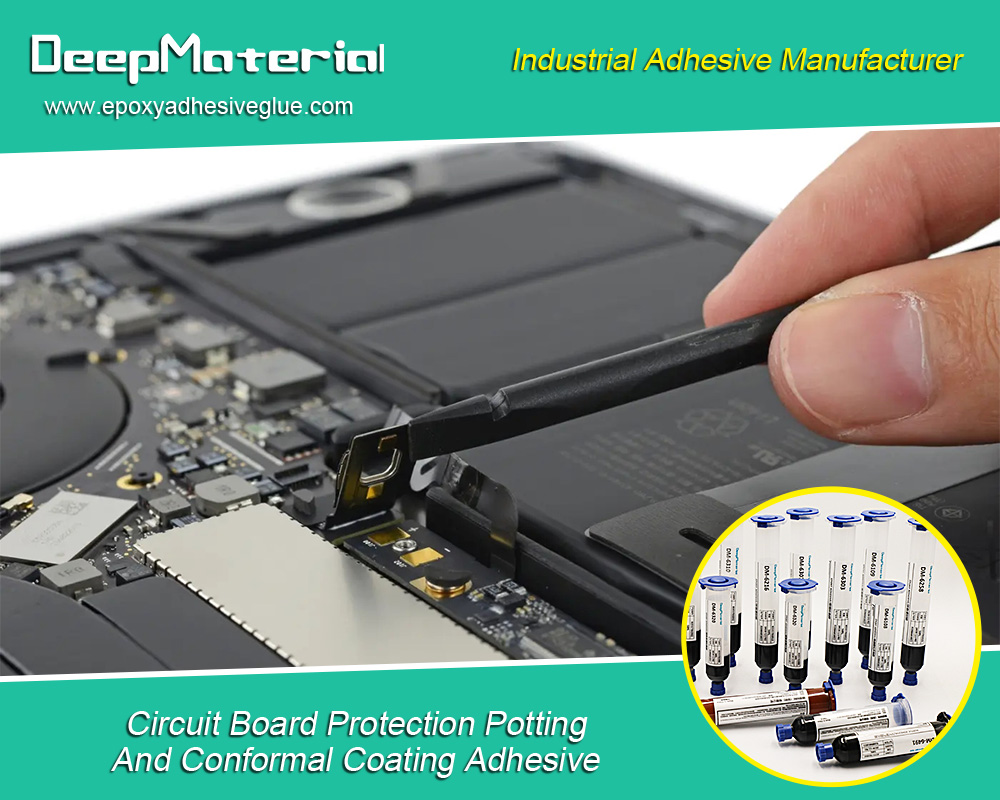
Conclusion
Electronic epoxy encapsulant potting compounds protect sensitive electronic components from environmental stresses, ensuring their reliability and longevity. With their exceptional adhesion, chemical resistance, electrical insulation, and mechanical strength, epoxy encapsulants are widely used across various industries, including electronics, automotive, aerospace, medical, and industrial applications. By understanding the composition, types, applications, and advantages of epoxy encapsulant potting compounds and considering key factors when choosing the suitable compound, manufacturers can ensure optimal protection for their electronic components, enhancing performance and extending product life.
For more about understanding electronic epoxy encapsulant potting compounds: a comprehensive guide, you can pay a visit to DeepMaterial at https://www.epoxyadhesiveglue.com/category/epoxy-adhesives-glue/ for more info.



